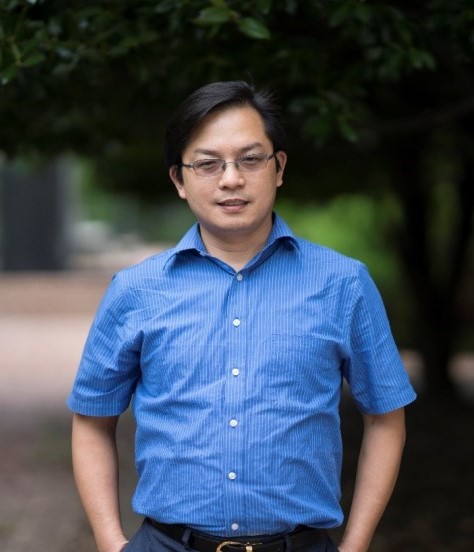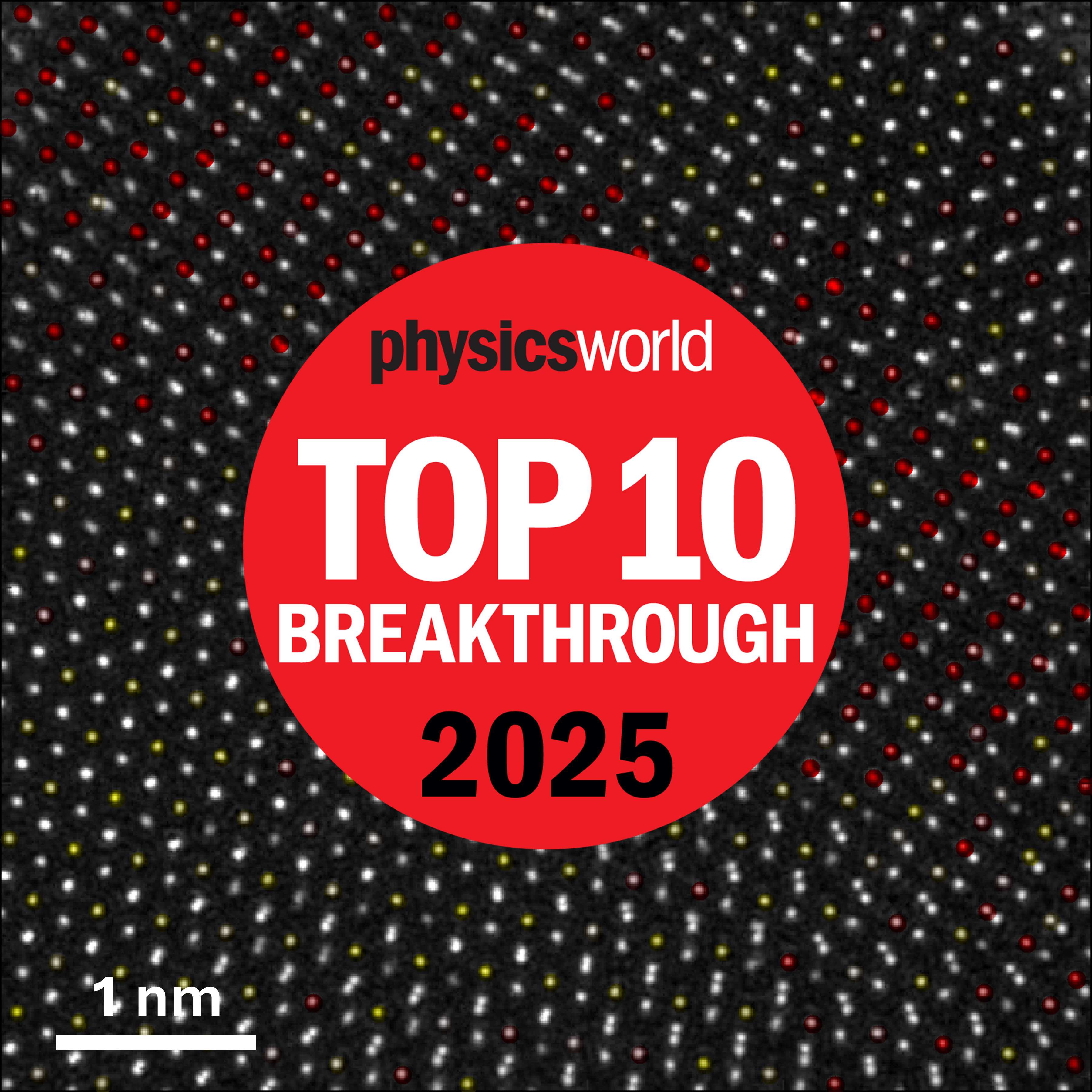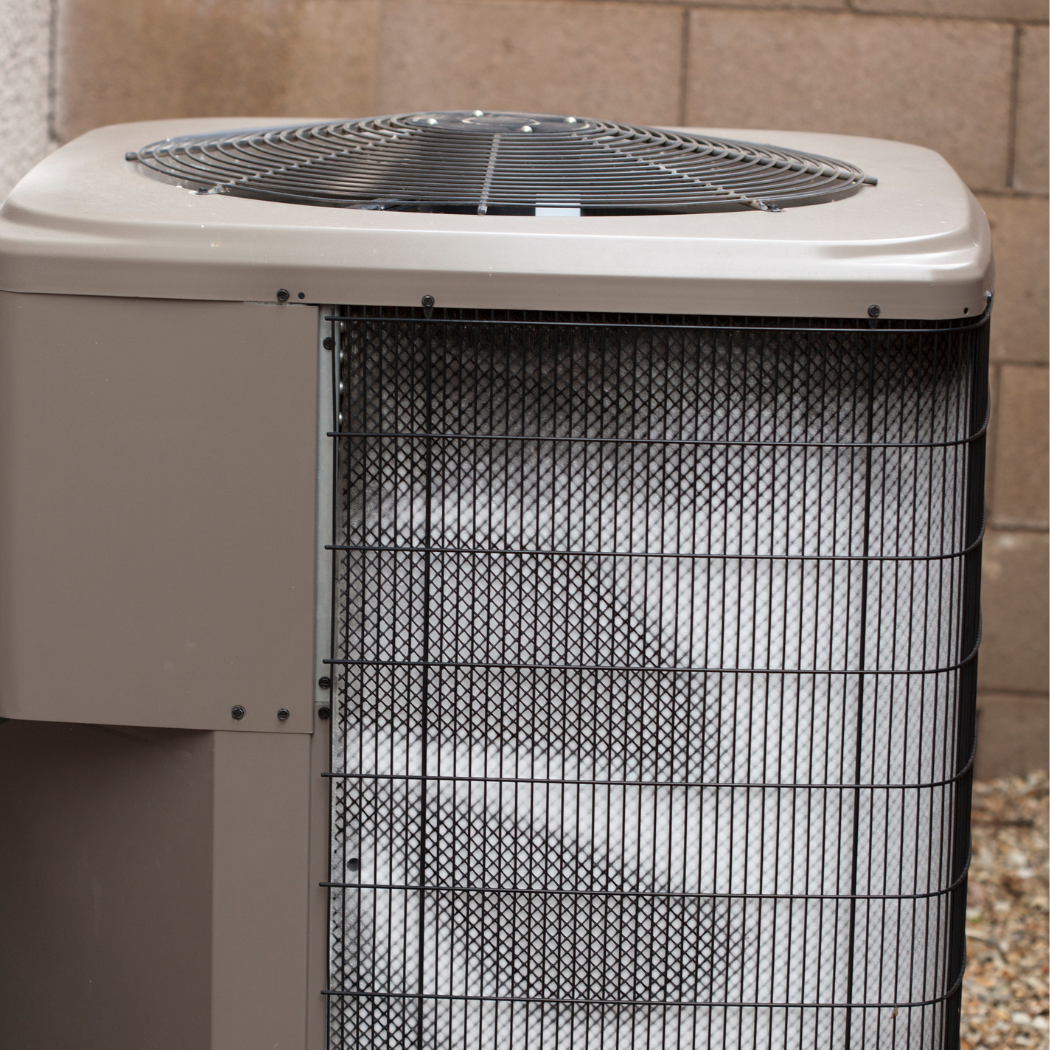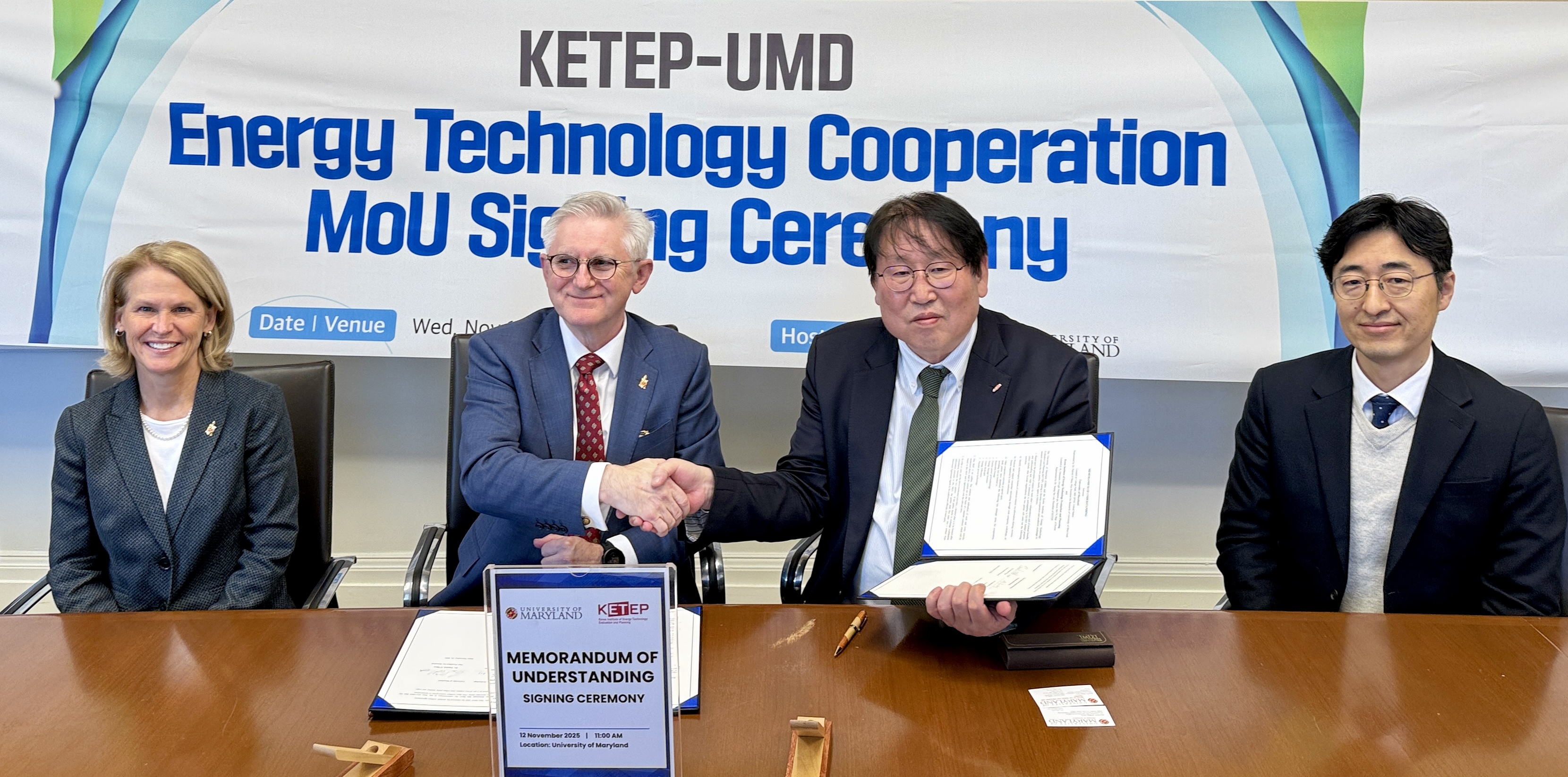News Story
Liangbing Hu Named 2021/2022 Distinguished Scholar-Teacher

Liangbing Hu, Herbert Rabin Distinguished Professor in the University of Maryland (UMD) Department of Materials Science and Engineering (MSE) and Director of the Center for Materials Innovation with ties to the Maryland Energy Innovation Institute , has been named a 2021-2022 Distinguished Scholar-Teacher.
Hu, a self-described 'wood nanotechnologist,' has made a name for himself developing alternative technologies out of natural resources. He's made batteries from wood, a blade of grass and even a leaf. Super wood, a light-weight, sustainable alternative to steel or carbon fiber, has received a plethora of media attention, in addition to several awards. In 2019, the Hu research group won the UMD Invention of the Year Award for their development of high-performance graphite paper composites. Hu also developed transparent wood composites as a replacement for glass, photonic paper for future electronics display technologies, and a host of other wood-derived technologies.
Hu has published more than 150 papers on nanotechnologies using cellulose nanomaterials, with a focus on assembly and functionalization strategies of wood nanocellulose geared towards high-impact applications including energy, electronics, building materials and water treatment. Other areas of interest include nano-manufacturing and light management in transparent nanopaper for optoelectronics (plastic alternative); mechanical properties of densely packed nanocellulose for lightweight structural materials; artificial tree for high-performance water desalination and solar steam generations; mesoporous, 3D carbon derived from wood for advanced batteries; nano-ionic thermoelectrics and radiation cooling.
Current projects for the Hu Research Group include synthesis and nanomanufacturing; and the structure, properties and applications of materials. The group has also been working on extremely high temperature (2000–3000 K) as a disruptive platform to design/synthesize novel materials, from single-atom, high entropy nanoparticles to bulk ceramics and metals for energy technologies (e.g., batteries, fuel cells), and other applications that can be used in extreme environments. The design of energy-related devices including investigations of sodium-ion batteries, garnet-based solid state batteries, lithium-sulfur dioxide batteries, and nano-batteries continue as well.
Hu, recently elected to the 2021 class of MRS Fellows, has been ranked in the top 2% of world scientists by Stanford University.
The UMD Distinguished Scholar-Teacher Program, established in 1978, honors a small number of faculty members every year who have demonstrated exceptional success in both scholarship and teaching. Awardees are expected to make a public presentation on a topic within their expertise, and receive an honorarium of $5,000 to support their professional activities.
Published May 12, 2021








